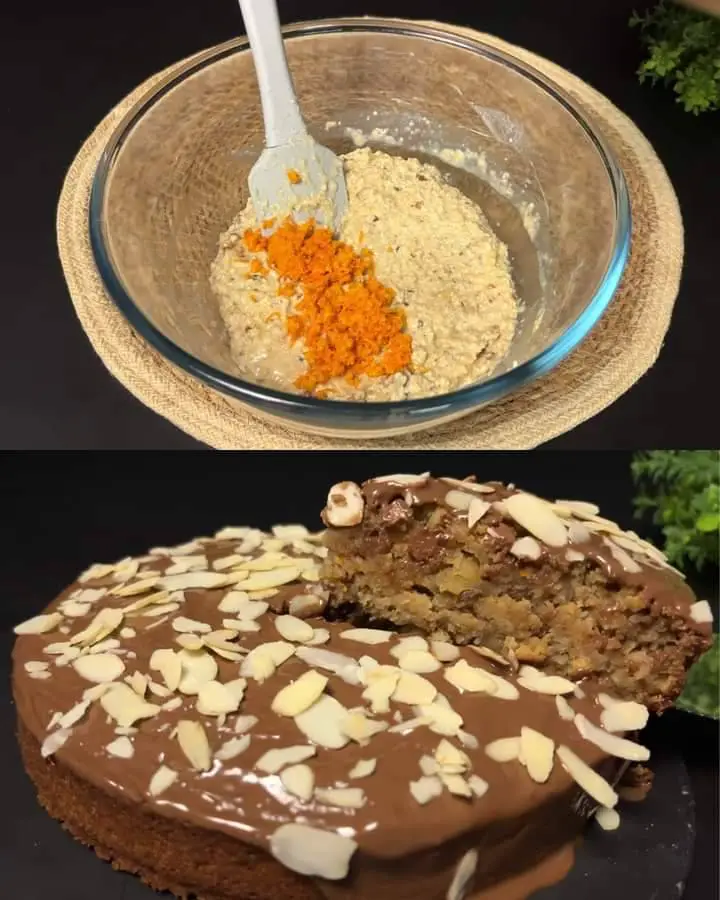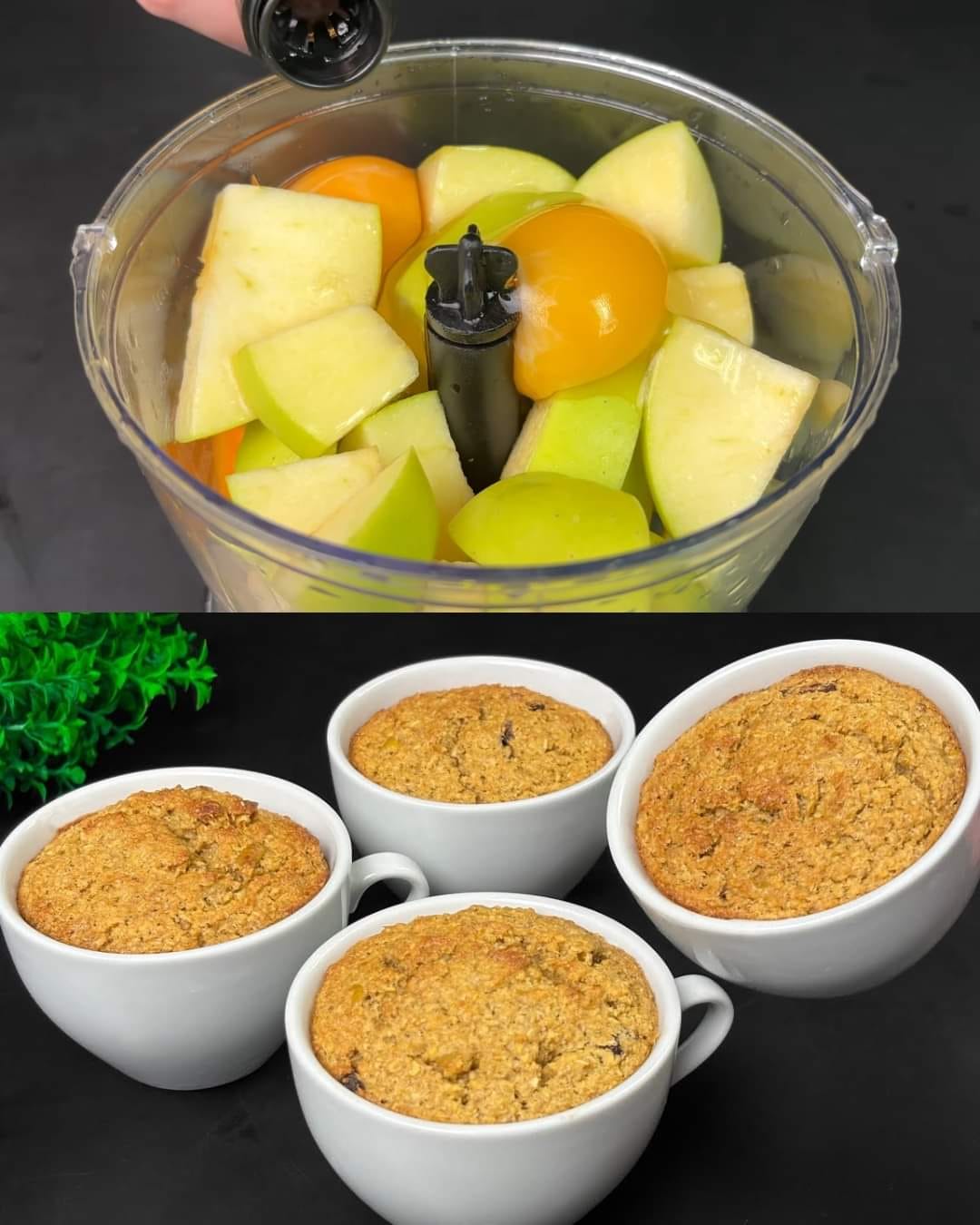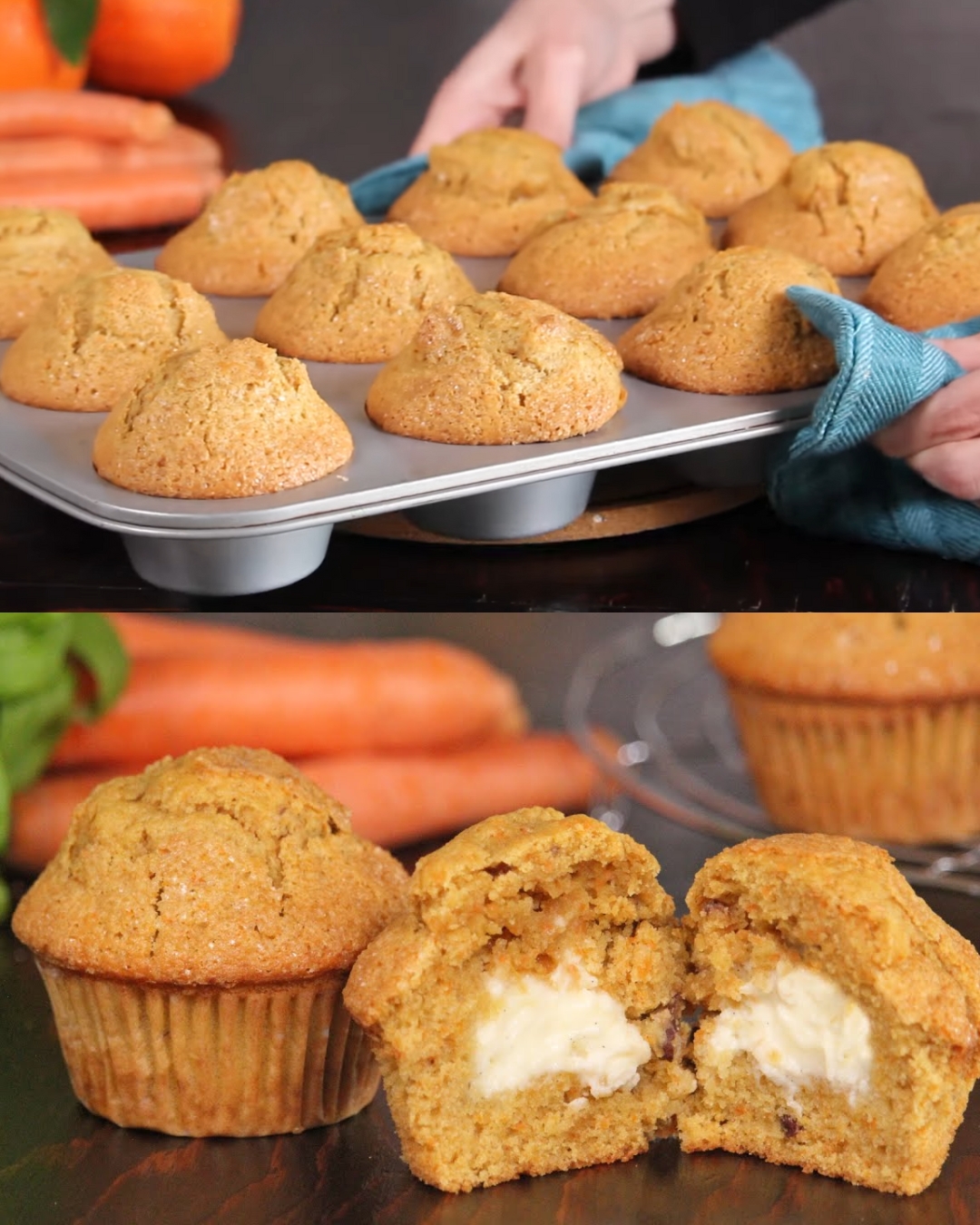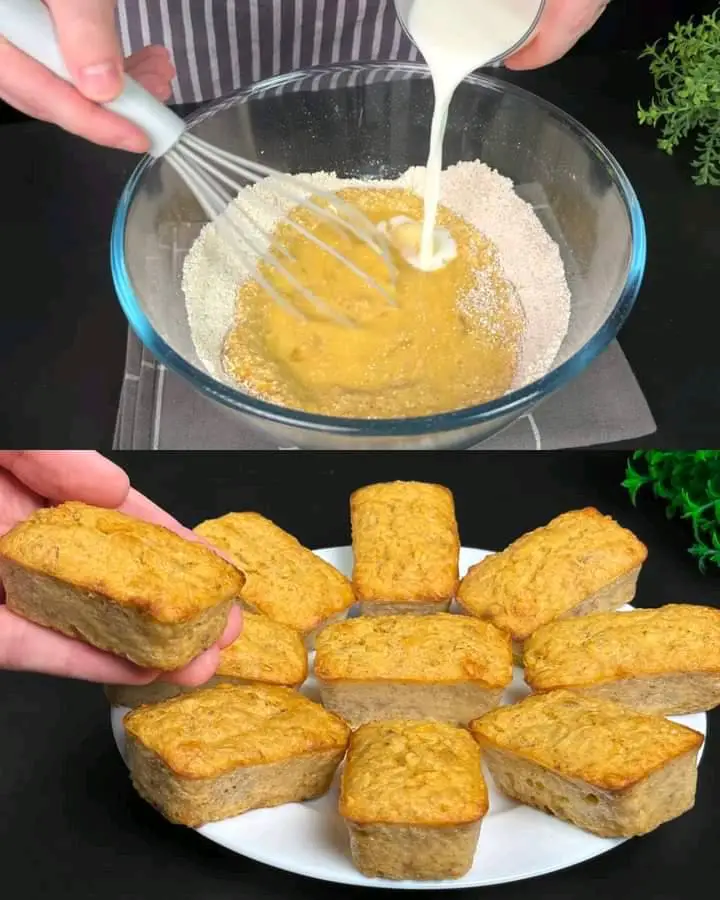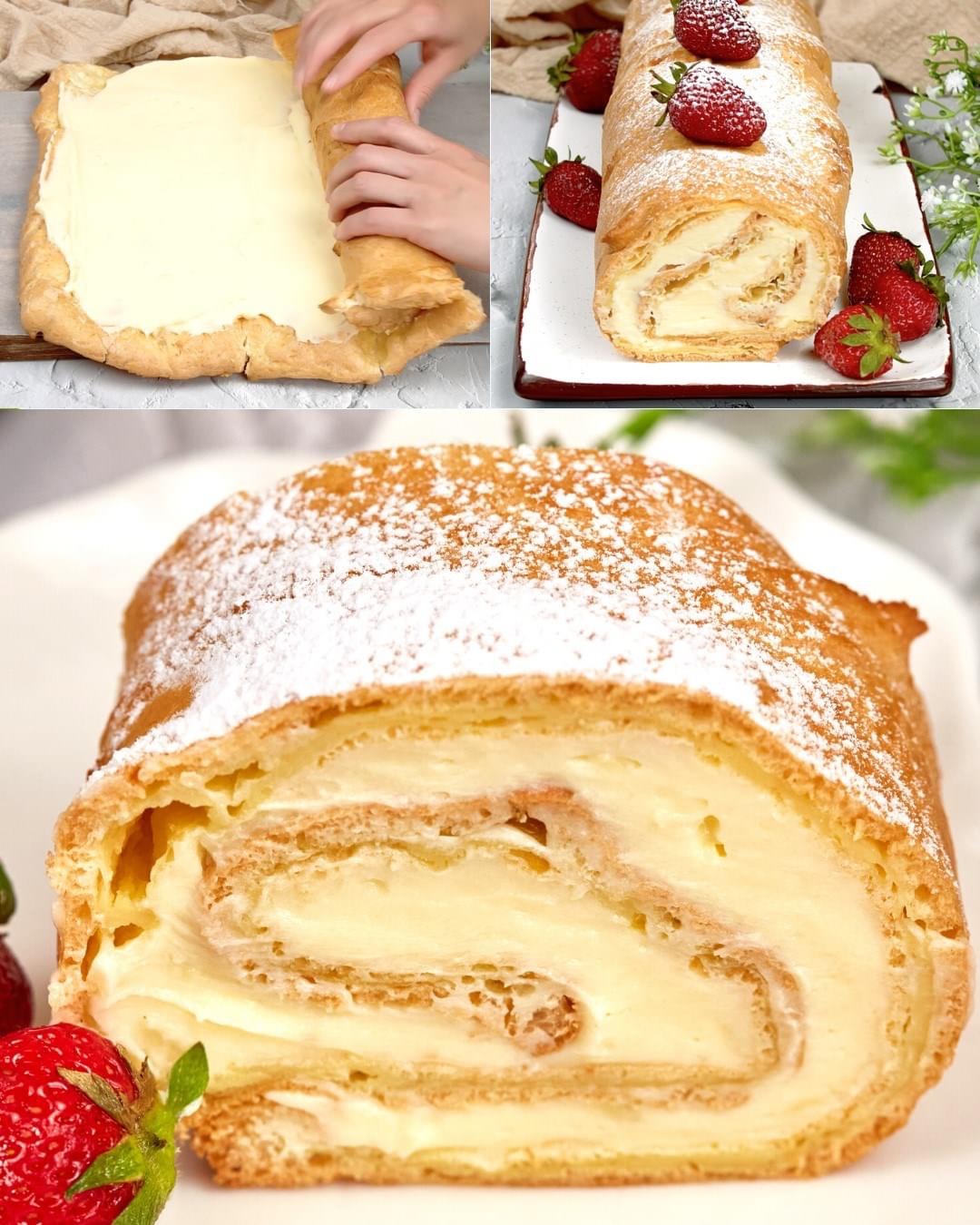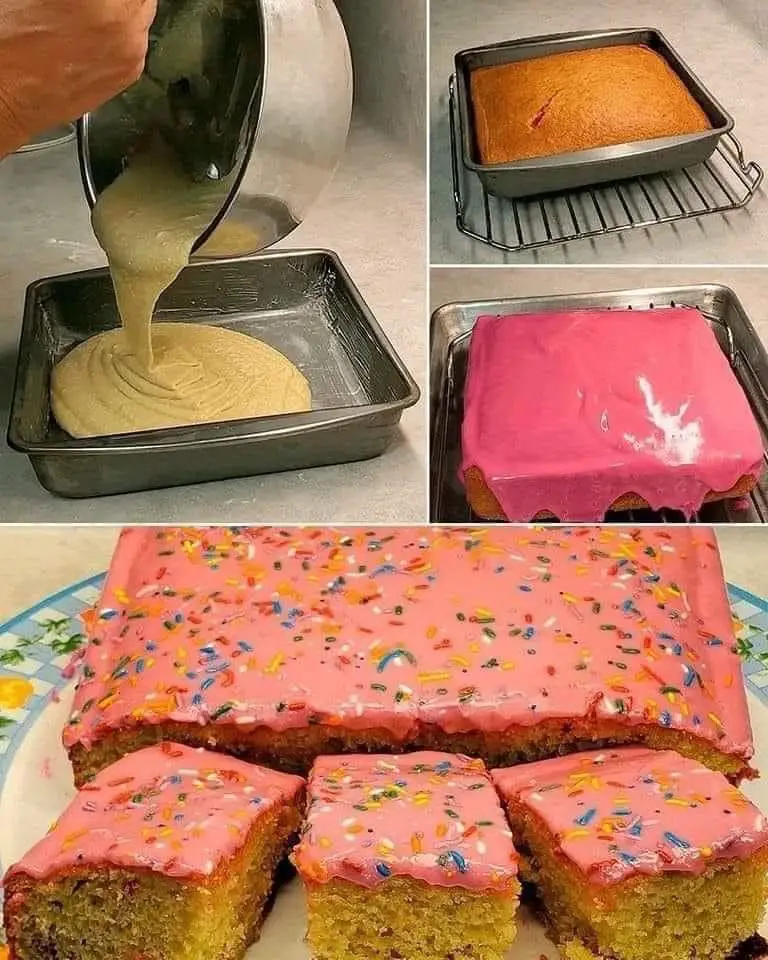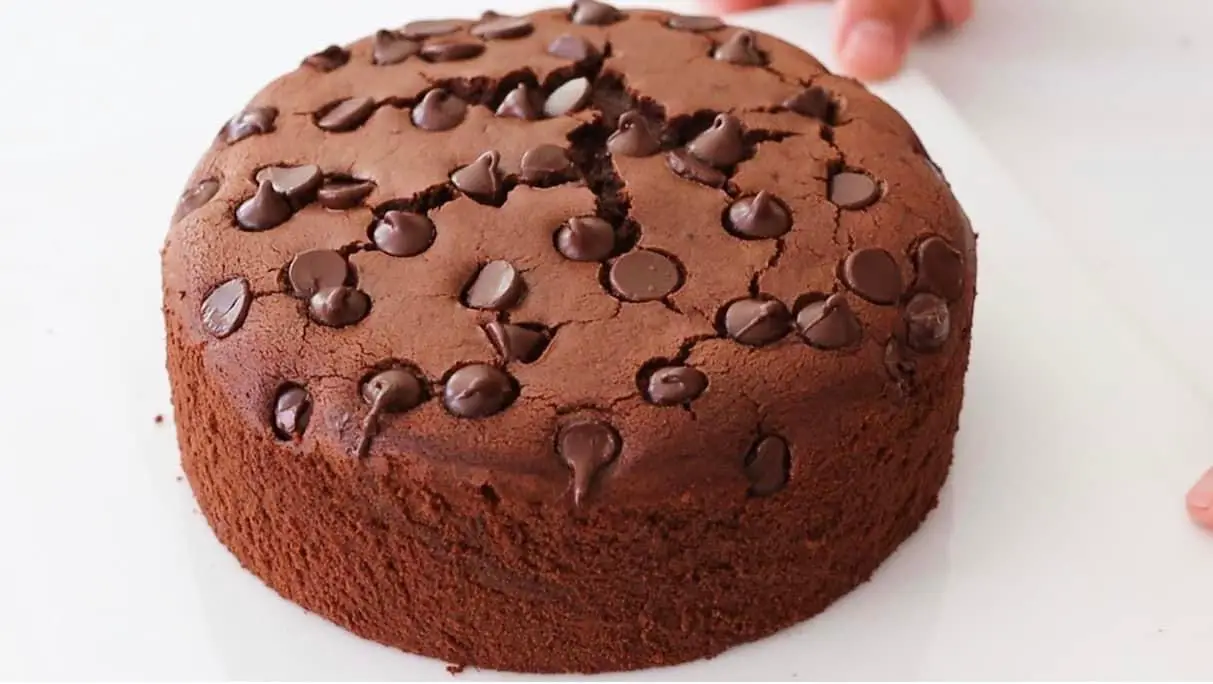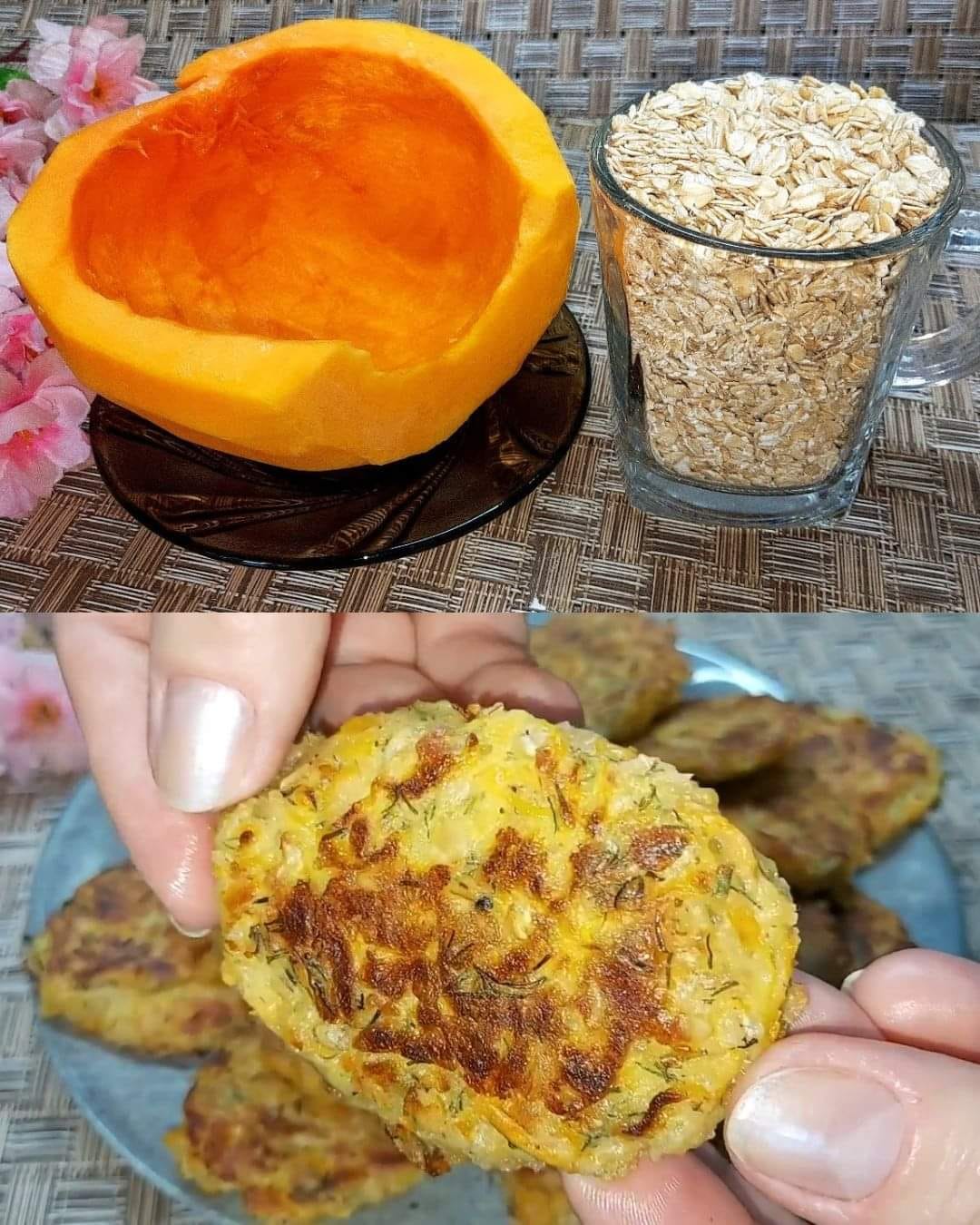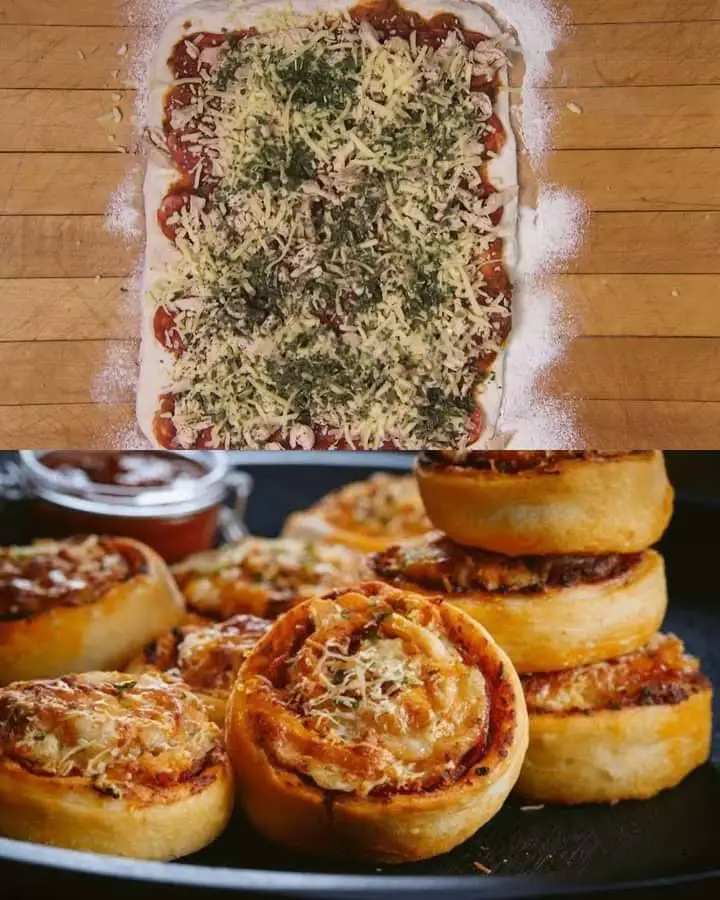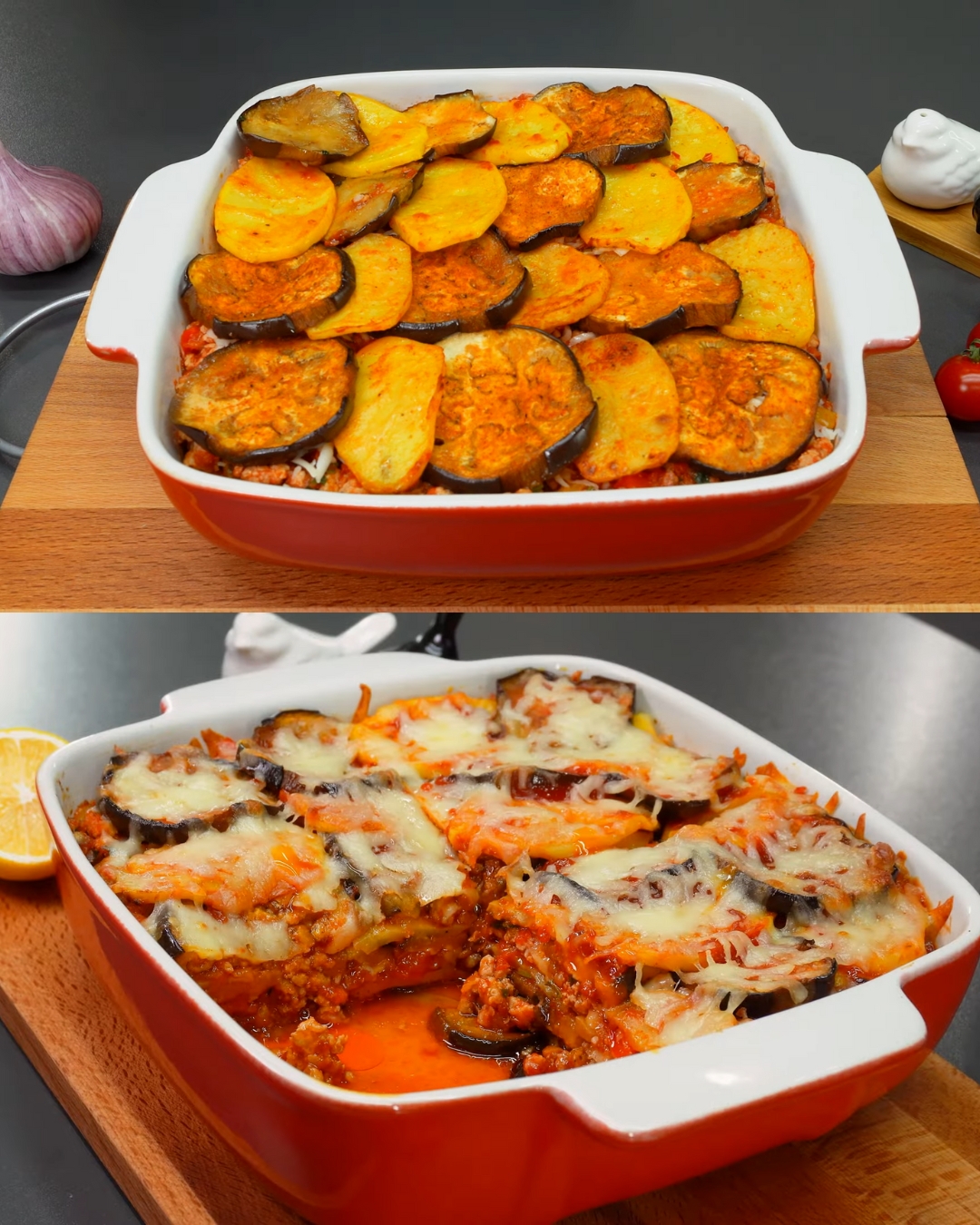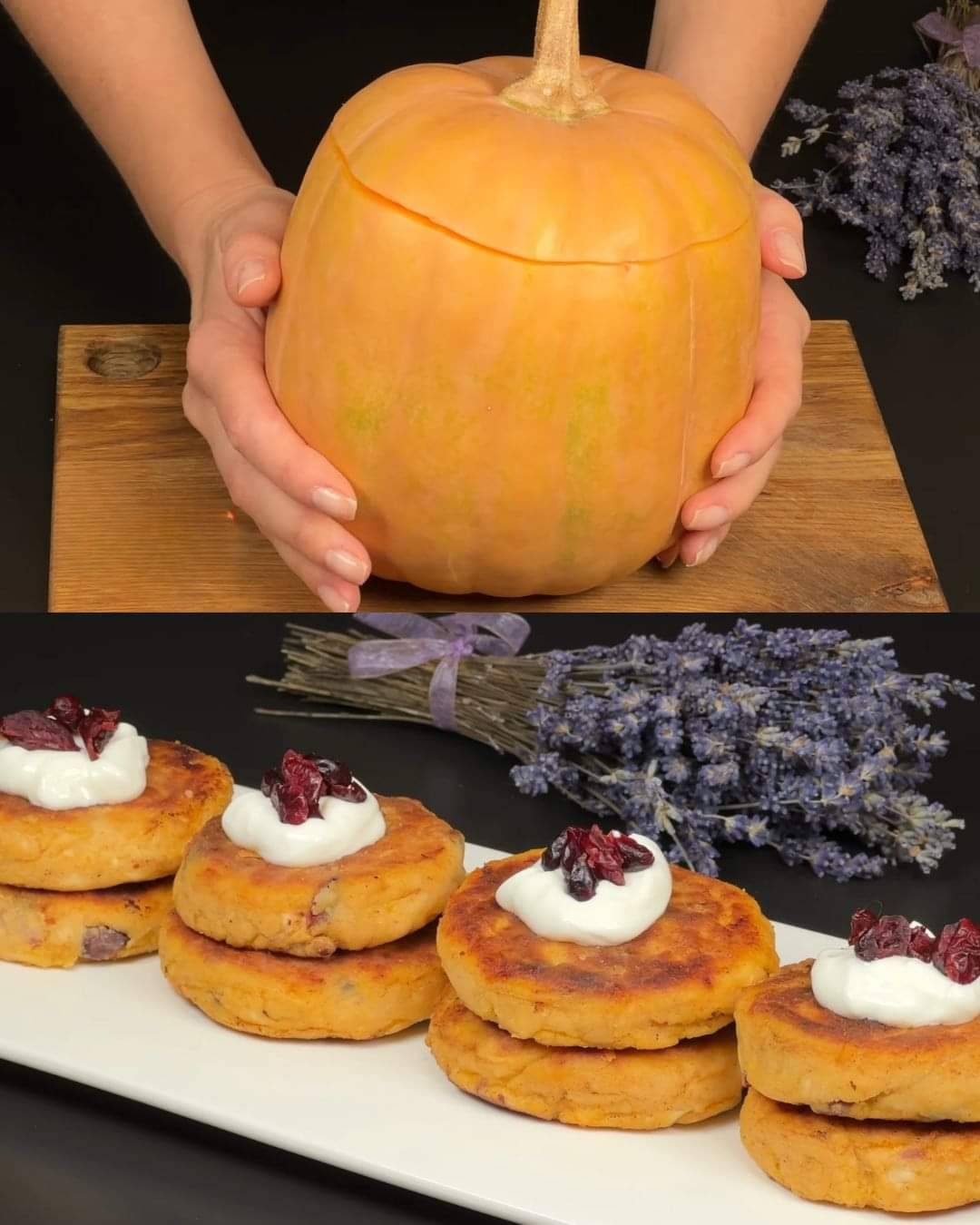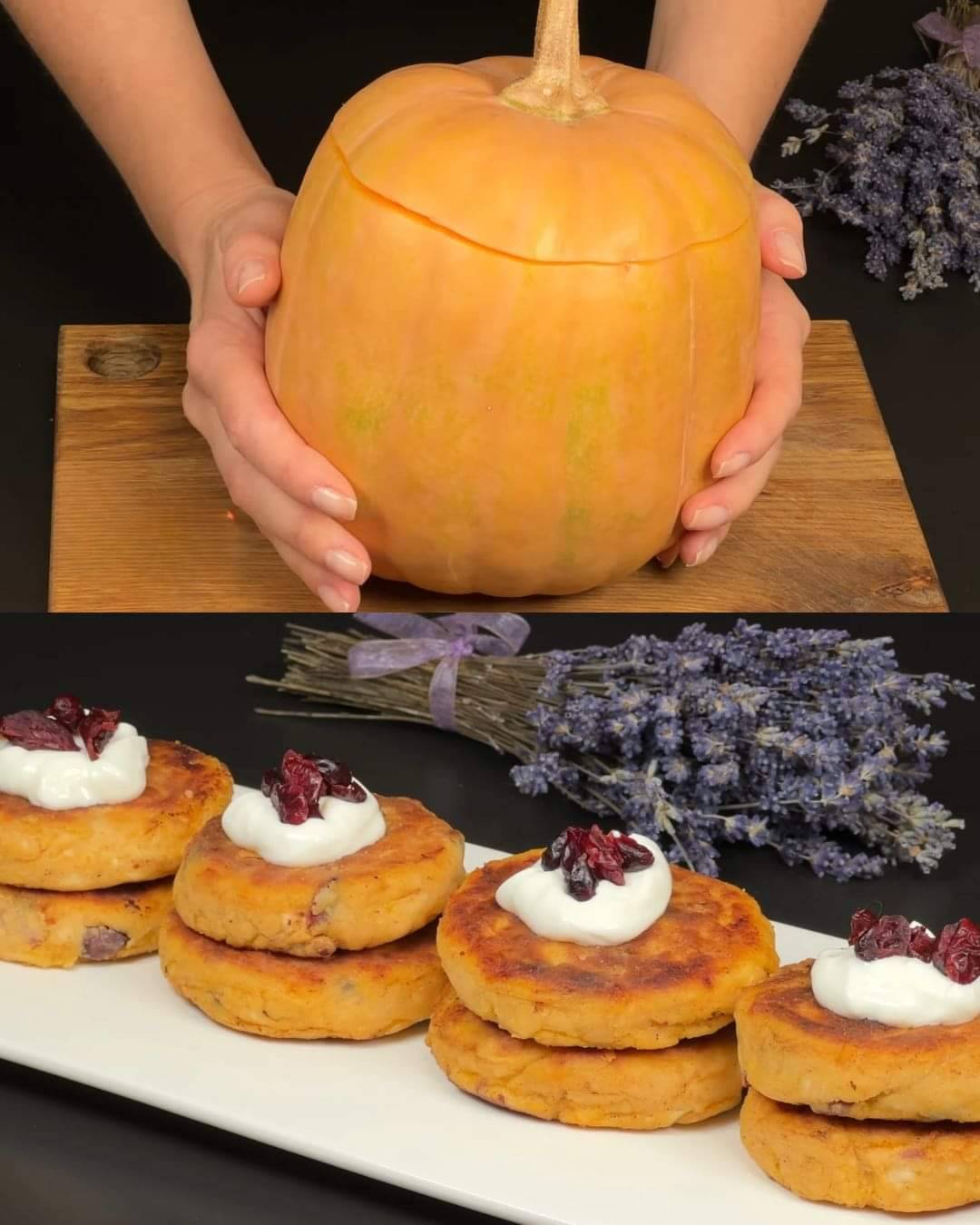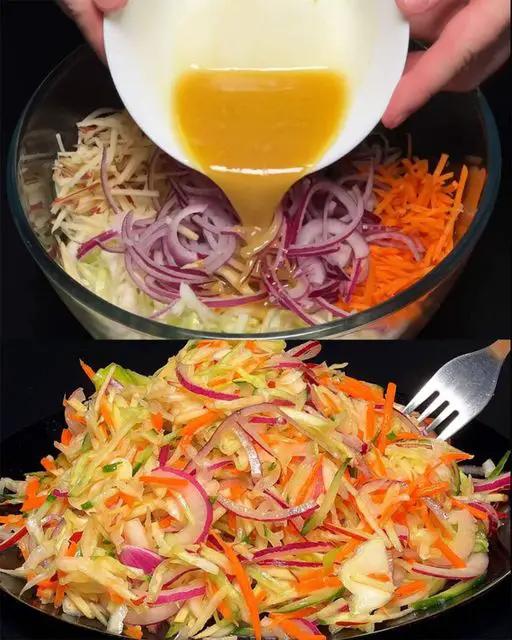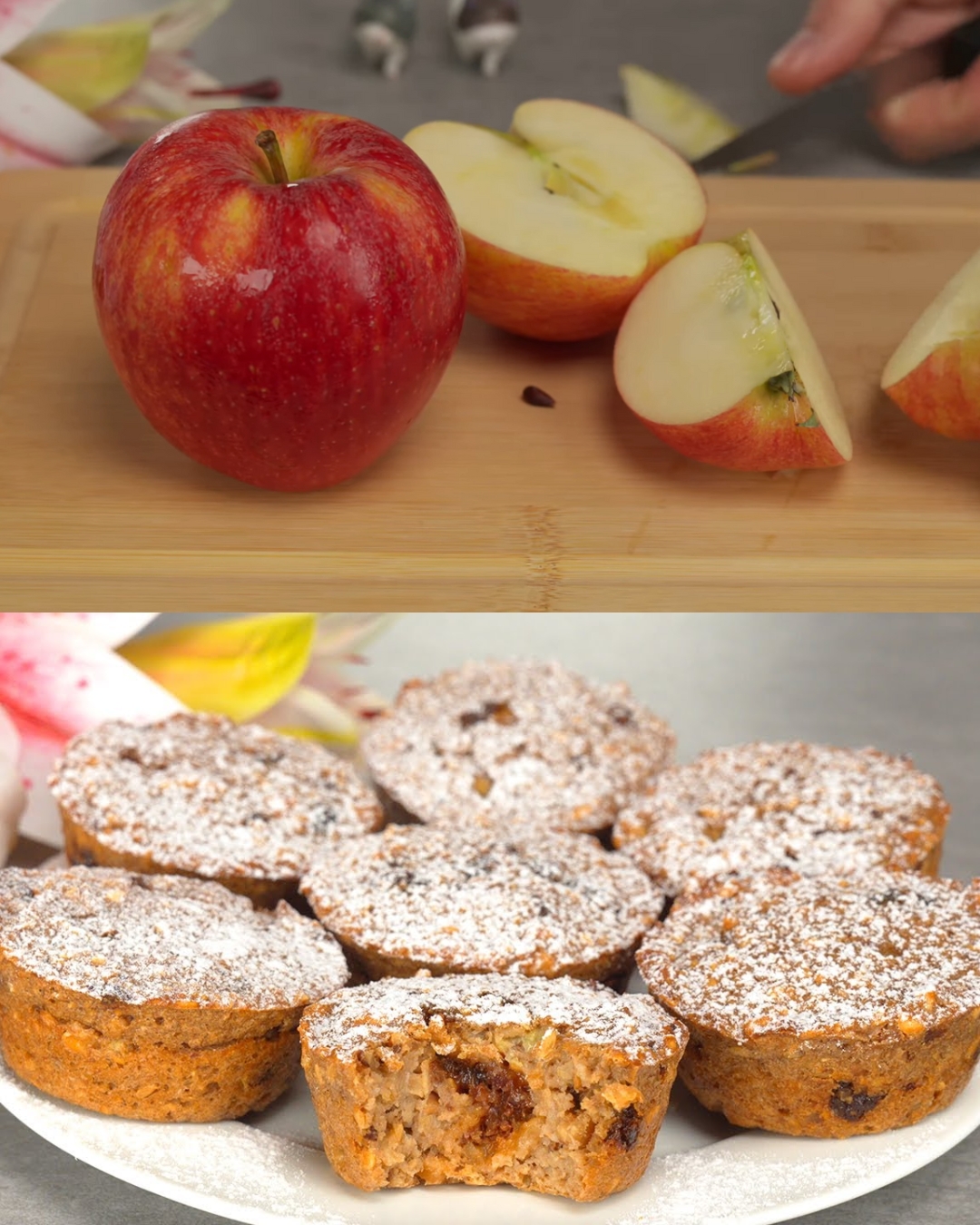Orange Oatmeal Nut Cake with Dark Chocolate and Almonds
Orange Oatmeal Nut Cake with Dark Chocolate and Almonds Table of Contents Ingredients: Oranges – 2, juiced and zested Oatmeal – 1 cup (about 90g) Nuts – 1/2 cup (about 60g), chopped (almonds, walnuts, or your choice) Stevia – 6 tablespoons (or sweetener of choice) Coconut flakes – 1 tablespoon Baking powder – 1 teaspoon Orange peel – from 1 orange (finely … Read more

